In one of his lectures, the legendary linguist Vladimír Skalička presented a theory that once and for all pinpointed the quintessential difference between Europe’s Germanic and Slavonic peoples.
“There is one decisive criterion,” the great linguist maintained. “While the Germanic nations detest mushrooms, the Slavonic peoples cherish mushrooms as a gastronomic delicacy, and use any opportunity to go to the forests and pick them.”
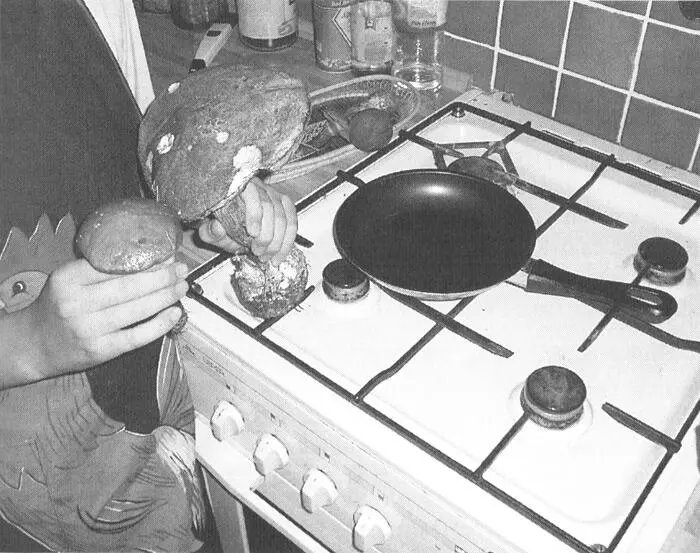
Photo © Terje B. Englund
The alleged cultural clash between the Germanic peoples and the Slavs definitely belongs in history’s graveyard. Yet in one respect professor Skalička was right. The Czechs are downright crazy about mushrooms! In late summer and autumn, a foreignermight even get the impression that the number of sponge-hunting Czechs roaming about in the forests with a punnet largely exceeds the possible number of mushrooms.
Why? As the professor said — mushrooms are considered to be a delicacy. If Czech cuisinein general appears to be — mildly speaking — a bit dull, this certainly doesn’t go for mushrooms. Any decent cook in the country knows at least a dozen ways to transform the fungus into more or less tasty dishes. And lots of other cooks know how to prepare the mushrooms that give you week-long hallucinations...
The advice to the foreigner is therefore evident: you needn’t become a mushroom freak, nor even pretend that the fungi dishes taste wonderful. But never speak derogatorily about them! In addition to insulting the Czechs’ cultural values, you will be perceived as a barbarian!
Some years ago a sociologist, Jiří Pacek, confronted the readers of the daily Lidové Noviny with an intriguing question: when Pepa Novák , the average Czech, is to describe his country’s national identity, he normally doesn’t pull his punches. The Czechs by and large regard themselves to be a very cultivated, highly educated and broad-minded nation with golden handsand a natural flair for egalitarianism, improvisation and, not least, humour (see: Švejk, The Good Soldier).
However, when the same Pepa is to present his views of the individual Czechs who are actually living around him, then he’ll probably change his tune completely: “The average Czech is a sly and conformist egoist,” Pepa would say, “capable of adapting to almost any degree of suppression from any rotten regime as long as it gives him some advantages.”
How, then, can these selfish anti-heroescreate such a broad-minded and educated people? Pacek didn’t offer any clear answers to the puzzle, except for concluding that the Czechs’ view of their national identity doesn’t agree much with the view they have of themselves. However, the social anthropologist Ladislav Holý, a Czech who fled to Great Britain after the Soviet invasion, didn’t intend to accept this contradiction. As soon as the Velvet Revolution’sdust settled, he returned to his native country to conduct a broad field survey of how Czechs from various layers of society perceive their national identity.
Later, the results of the survey were presented in a book, which Holý gave the rather striking title “The Little Czech and the Great Czech Nation”. As one might expect when Holý was considered a foreigner, his conclusions didn’t go well down with all his Czech colleagues.
One feature that many Czechs value, according to Holý, is their nation’s amazing capability always to survive in difficult times. During history, Austrians, Nazi Germansand Soviet Russianshave bullied the Czechs around. Often, it might seem as if they were loyal to their oppressors, occasionally even as if they were collaborating openly with (hem (See: Communism). But in the end, it always became clear that the Czechs never really gave in to the oppression. Therefore, what some foreigners (particularly the Poles) often regard as Czech weakness or even as downright cowardice is considered to be a great strength by the Czechs themselves.
This has led to another peculiarity. As Pacek the sociologist also pointed out in his article, the Czechs can look at their history in two ways, according to what is most convenient for their national pride. When something bad and undesired happens, it’s because “somebody else” didn’t want the Czechs to succeed and deliberately mucked it up for them. And when they, against all odds, still succeed, it’s because of their nation’s nature-given genius (see: Cimrman, Jára).
As a result, many Czechs tend to view their history not in light of what actually happened (Czechoslovakia was nastily raped by Nazi Germany), but in the light of what could have happened if they hadn’t been stopped (thanks to its ingenious system of heavily armed border fortresses, Czechoslovakia would have caused any aggressor serious wounds).
If you still find the contradiction between the very positive picture of the Czech nation and the very bad picture of the individual Czech a bit enigmatic, Holý offers two additional explanations.
First a somewhat obvious reason: each of the two pictures has its origin in different types of experience. While the common Czech’s ugly picture of his compatriots is empirically based on his personal meetings with (some of) them, his rosy picture of the Czech nation is entirely mediated by the things he or she has read in glorifying literature. Which, after all, is an attitude familiar in several other European countries (see: Austrians; Danes; Hungarians; Poles; Russians; Slovaks) as well.
Secondly, a more intriguing aspect: Holý maintains that the Czechs’ perception of national identity is still based in a nineteenth century, nationalistic tradition, and not in a modern, universal tradition. While liberals in Western Europe regard their nation as a collective of individuals, the Czechs perceive it as a supra-individual entity, or, if you like, the nation is something like a mother.
Thus, Pacek’s contradiction makes perfect sense; Czech national identity simply lives its own life, and its quality doesn’t need to be identical with that of the average Czech at all. Moreover, when the nation is perceived as a mother, those who leave her are logically perceived as having renounced his or her family, and, logically, don’t belong anymore among the nation’s true children (see: Emigrants).
The Czechs often claim about themselves that they are a “nation of plebeians” where the absence of nobility has caused a widespread aversion to any higher ideals. Without the moral guidance of the nobility, the saying goes, the cunning Czechs have developed a strong ability to behave pragmatically under all circumstances, and even adapt to rotten regimes forced upon them (see: National Identity).
This characterization is not only unflattering, but also false. There are very few European nations where the nobility, during the last several centuries, was non-existent, and Bohemiaand Moravia(the latter was a margraviate right up until 1918) are definitely not among them. On the contrary, many of the 2,200 or so magnificent castles that are spread around the Czech Republic once belonged to noble families.
Yet when one compares the Czechs with the Polesand the Hungarians, they do indeed have a different attitude towards their nobility. The not-too-surprising reason for this is to be found in their turbulent history.
After the disastrous Battle of White Mountainin 1620 many patriotic members of the Czech nobility were forced to flee the country. They were soon replaced either by noble families from abroad, such as Karl von Liechtenstein, the forefather of Prince Hans Adam, who today runs the tiny Principality of Liechtenstein, or by Czechs, who the Emperor ennobled as a reward for their participation in curbing the rioting Protestants.
Читать дальше
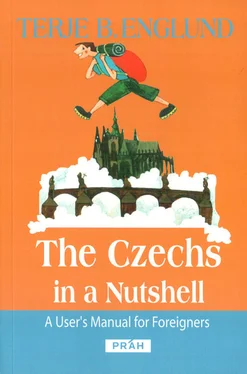


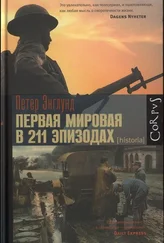

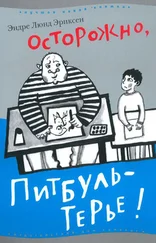
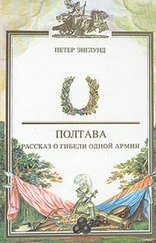


![Theresa Cheung - The Dream Dictionary from A to Z [Revised edition] - The Ultimate A–Z to Interpret the Secrets of Your Dreams](/books/692092/theresa-cheung-the-dream-dictionary-from-a-to-z-r-thumb.webp)



